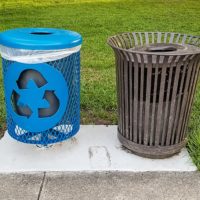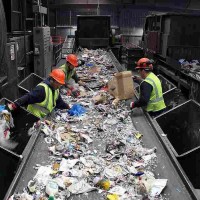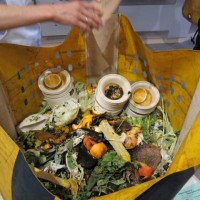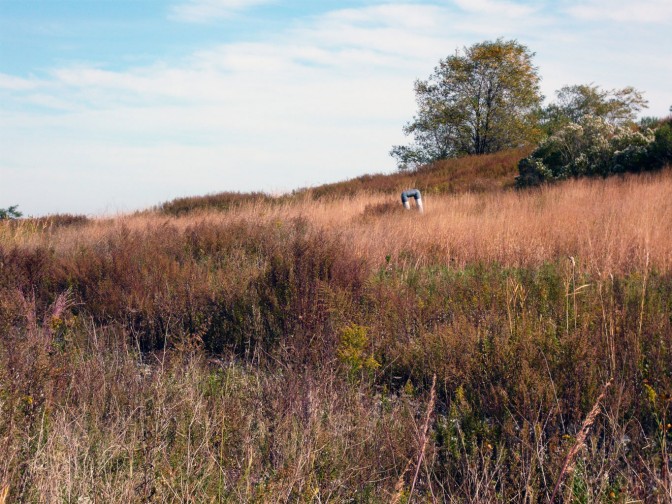Tags: recycle
The 411 on Cell Phone Sustainability

Cell phones are an everyday item and an almost unavoidable necessity in our society. In 2018, it was estimated 1.5 billion phones were produced with more cell phones active than people on the planet. Unfortunately, our increasing reliance on cell phones poses a number of environmental and social problems.
...MOREIt’s All Downcycled From Here

Recycling gives some plastics a second or third life but ultimately recycling just delays the inevitable: all plastic is destined for the landfill. While recycling systems have been developed for plastics that are commonly used and easily broken down, typically #1 and #2, technical and economic factors as well as smaller volumes have prevented recycling of other plastics such as #3 and #7.
...MOREAfter the Recycling Bin

With all the talk about recycling, do you know what those numbers on your plastic containers mean? Recycling is a great way to reduce demand for plastics, but it’s not as simple as putting your bottles in a blue bin. Different kinds of plastics are created for different purposes, and post-consumer plastics need to be managed in different ways.
...MOREBattery Project Encourages Reusing and Recycling

In 2016, Arihunt and Avni Garg participated in a tour of Freshkills Park and learned about waste management in New York City. “Although the Sanitation and Parks Departments were working very hard, it seemed to be an uphill battle to keep our city clean,” said Avni, a freshman at Stuyvesant High School.
...MOREThe line between recyclables and trash

What is recyclable and what is trash? This is a question recycling utility owners find themselves asking more and more often. While it is common practice to recycle plastic soda bottles, detergent containers, and grocery bags, recently recycling facilities are having a tougher time determining what is worth recycling.
...MOREFarther Afield: A Closer Look at Regenerative Landscapes

The massive transformation of what was once the world’s largest landfill into a 2,200-acre New York City Park is unique in many ways, but fits a typology of regenerative landscape design that has become a more common practice in response to shifts in global urbanization.
...MOREFarther Afield: Staten Island Leads the Charge in Citywide Composting

The Department of Education and the Department of Sanitation jointly run the “Organics Collection Program,” which diverts organic materials such as food scraps, soiled paper, yard waste out of the landfill stream and into regional collection centers and the Anaerobic Digest-er Eggs, which extract methane from decomposing organic matter into energy.
...MORE



